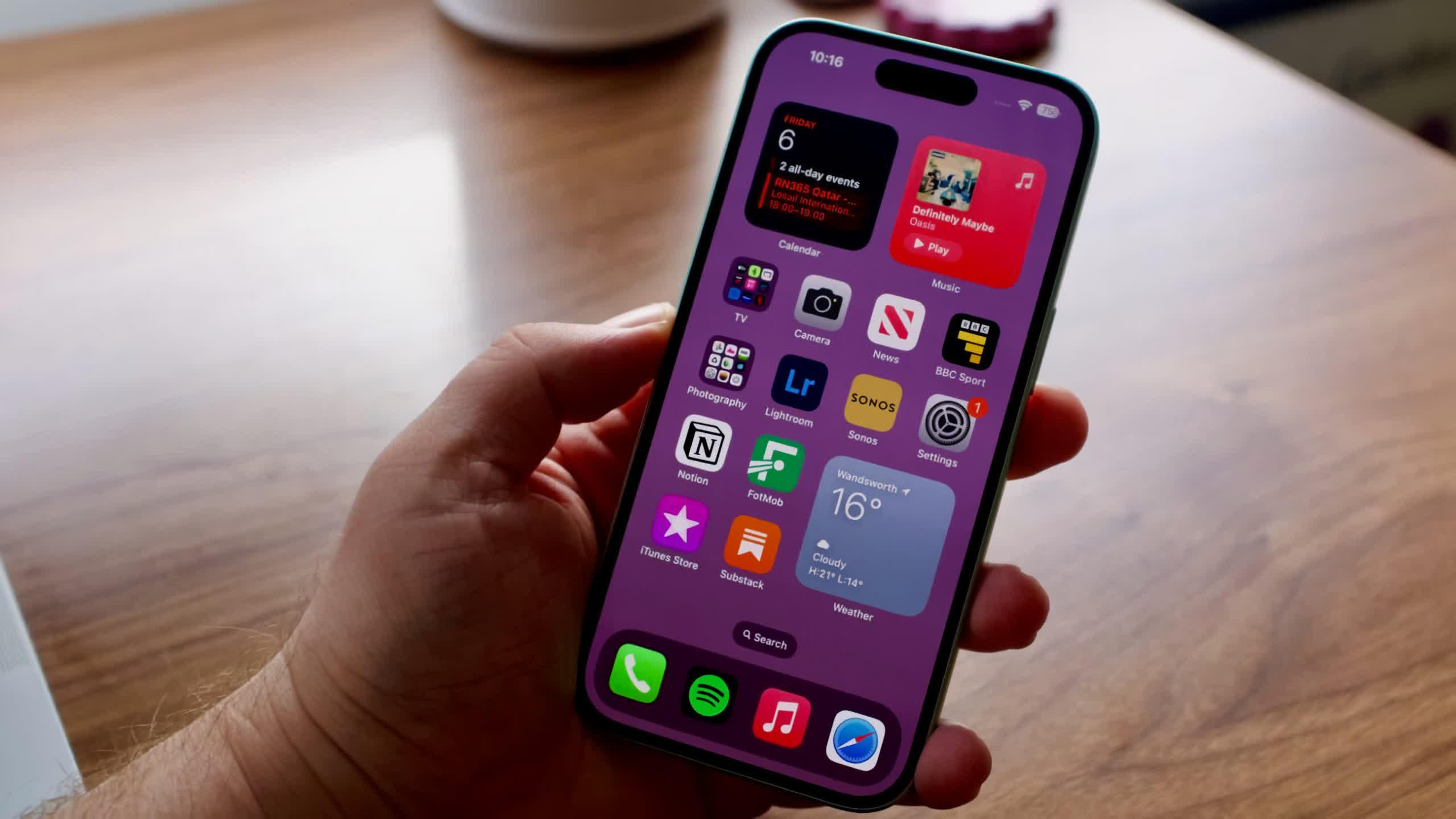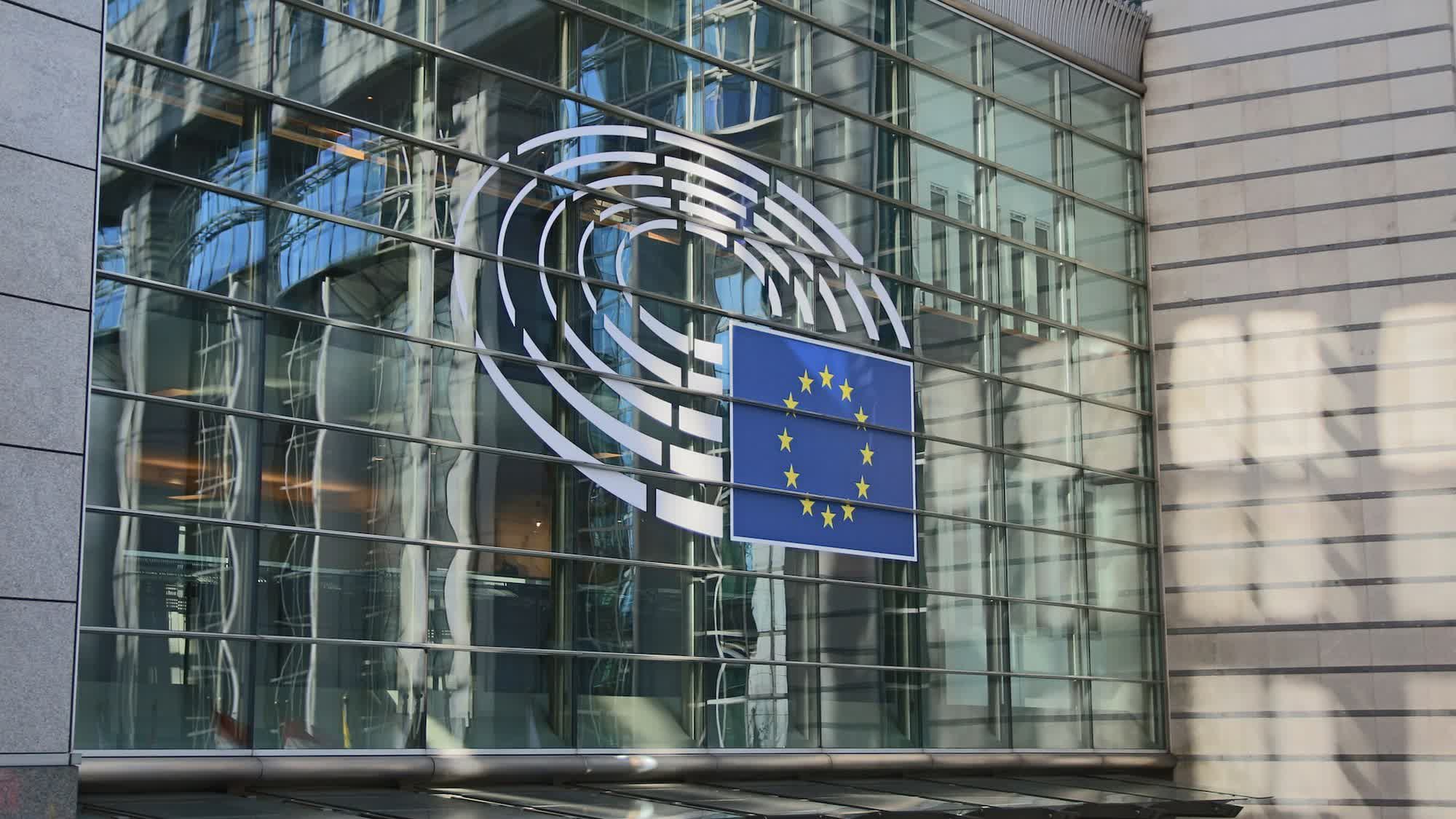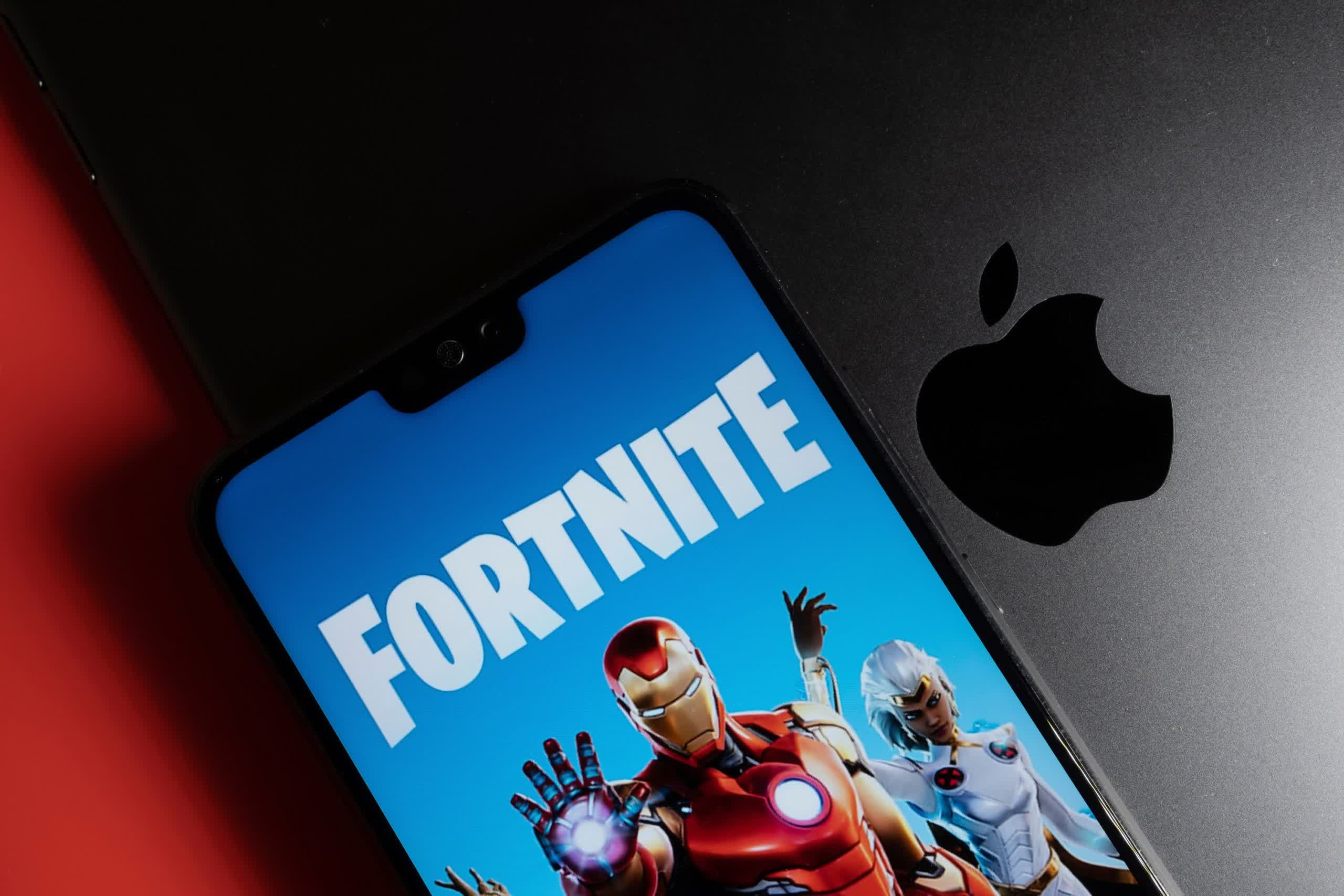In a nutshell: As Apple iOS 17.4 launches and Europe's Digital Markets Act becomes law, European users can now use software outside the Apple App Store. The Cupertino giant has released new information explaining the range and limits of the changes. Meanwhile, the EU will interrogate the company over its recent decision to ban Epic Games.

The EU's Digital Markets Act (DMA), which forces large platform holders like Apple and Google to maintain interoperability and openness standards, is now in effect. This week, Apple released iOS 17.4, implementing some critical iOS restrictions in an effort to comply. It issued a primer that fully details the new and upcoming policy changes.
One noteworthy section concerns how the company determines which devices are eligible for the new EU rules. Apple stresses that it doesn't collect location data. However, to comply with the DMA, users must sign in to their devices with an Apple ID to set it to a country and physically verify it is in the EU. An on-device process determines eligibility status and transmits it to Apple.

If a device leaves the EU for over 30 days, it will stop receiving updates for non-ecosystem software and can no longer install new apps from third-party storefronts. However, users can still boot and manage previously installed European apps.
Another significant detail is that the option to delete Safari from iOS will arrive in a future update. Apple previously confirmed that it would comply with the DMA by allowing developers to introduce browser engines other than WebKit, such as Chromium or Quantum. It hasn't nailed down a date, but it must come sometime this year to remain DMA compliant.

Migration between browsers and operating systems will also be more straightforward. Apple's tool for importing or exporting important data between browsers will be available by late 2024 or early 2025. Cupertino developers also plan to release a software bridge to help competing mobile OS operators (mainly just Google) smoothly transfer user data from iOS by fall 2025.
Despite these new freedoms, Apple retains sole control over signing apps and determining who can establish an app marketplace. The company recently demonstrated this power by banning Epic Games Sweden from releasing iOS software from within the App Store or an external market.
Epic CEO Tim Sweeney was furious, calling the move illegal. Meanwhile, Bloomberg notes that EU regulators plan to question Apple over why it terminated Epic's account. The ban could violate not only the DMA but also older EU rules. It remains unclear if the situation could lead to another major legal battle between Cupertino, Epic, and the EU.
https://www.techspot.com/news/102180-apple-eu-updates-switching-android-made-easier-regulators.html